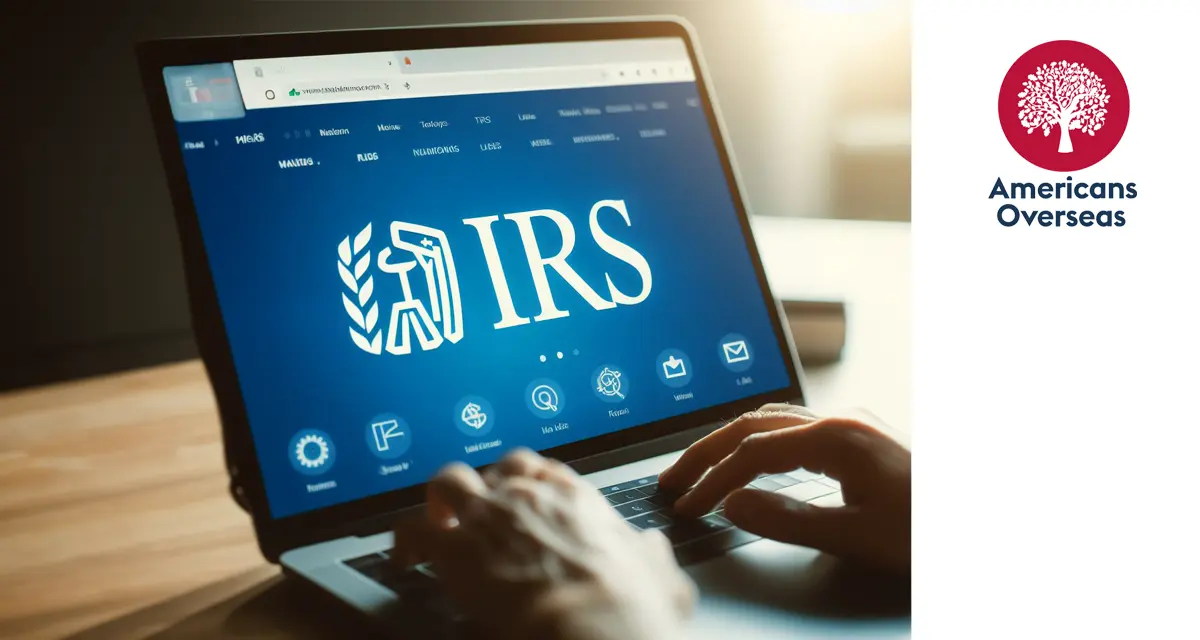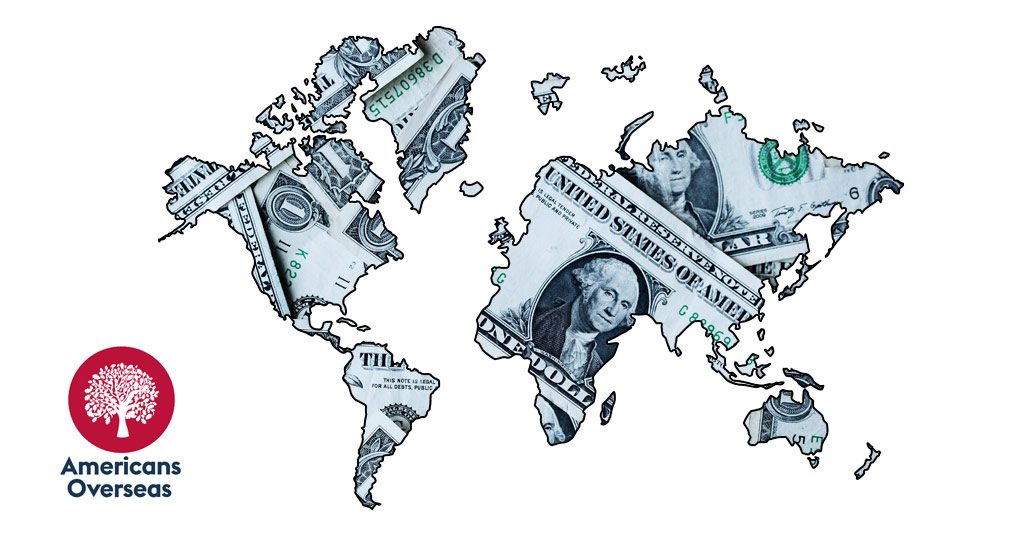
Why a Simplified Tax Code Is Key for IRS Efile Prefilled Tax Returns

Summary
The IRS is considering a Direct eFile program, offering prefilled tax returns to simplify the process. However, the complex U.S. tax code and low taxpayer acceptance pose significant challenges. It is essential to first focus on tax code simplification and improving existing services to make tax filing more efficient before implementing such a program.
The Internal Revenue Service (IRS) is exploring the possibility of implementing a government-run direct file program called Direct eFile, which would offer prefilled tax returns to taxpayers in the upcoming 2024 tax season.
While the idea of having your tax return ready to go might seem appealing, the success of such a program hinges on one major issue – the complexity of the U.S. tax code. Before implementing a direct file program, lawmakers must prioritize simplifying the tax code and enhancing existing taxpayer services.
Current tax filing challenges
The IRS estimates that American taxpayers spend around 13 hours on filing their tax returns, with an estimated cost of $250 per return. This adds up to a staggering $339 billion in total compliance costs annually. Prefilled tax returns offer a solution by allowing taxpayers to pay their taxes without manually filling out a tax return, reducing compliance burdens, encouraging electronic filing, and enhancing tax compliance.
Two approaches to IRS E-File Prefilled Tax Returns
Prefilled returns can be accomplished through two different systems: an exact withholding system (EWS) or a tax agency reconciliation system (TARS).
- EWS: In the EWS approach, taxpayers provide information to their employers or tax agencies at the beginning of the year to ensure the exact amount of tax is withheld throughout the year.
- TARS: The TARS system relies on third-party information, such as data from banks and employers, to prepare a return for taxpayers. The taxpayer reviews the return for accuracy and makes any necessary payments or claims refunds.
Challenges in implementing IRS E-File Prefilled Tax Returns
The IRS direct file study estimates an annual cost of implementing such a system ranging from $64 million to $249 million, primarily due to the need for robust customer support. The IRS currently faces operational deficiencies that must be addressed before implementing a direct file program. Coordination with state and local filing requirements is another key challenge.
Furthermore, a report from the Internal Revenue Service Electronic Tax Administration Advisory Committee (ETAAC) suggests that the IRS should focus on improving existing free tax filing programs before investing in a new Direct eFile platform. The low utilization of the current IRS Free File program, despite being available to millions of eligible taxpayers, raises concerns about the effectiveness of a new Direct eFile program.
Barriers to IRS efile prefilled tax returns
Several reasons make prefilled tax returns a challenging option:
- Overpayments are more likely to occur.
- It separates taxpayers from their tax liability.
- It raises privacy concerns.
- It requires a simpler tax code.
- American taxpayers have not widely embraced the idea.
An experiment by IRS Enrolled Agent
Ryan Ellis, an IRS Enrolled Agent, conducted an experiment using the IRS Substitute for Return program. He prepared tax returns for hypothetical taxpayers and compared the results to his calculations as a professional tax preparer. In each case, his manual preparation led to better outcomes for taxpayers, underscoring the complexity of the U.S. tax code.
The complexity of the U.S. Tax Code
The biggest hurdle to prefilled tax returns is the intricacy of the U.S. tax code, which includes various benefit programs covering education, healthcare, housing, child care, energy, and more. Even an IRS-designed software platform may struggle to accurately assess deductions and credits, as it often depends on specific situations for which third-party data is lacking.
International experience with prefilled tax returns
Prefilled tax return systems have been tested in numerous countries worldwide, with varying results. In Estonia, for instance, a simple flat 20 percent individual income tax system allows the tax agency to create prefilled tax returns based on bank and employer information. The simplicity of the Estonian tax code allows taxpayers to file their taxes in just three minutes.
While the idea of prefilled tax returns is appealing, the complexity of the current U.S. tax code poses significant obstacles to its successful implementation. Lawmakers must prioritize simplifying the tax code to alleviate taxpayer frustration and make the tax filing process more efficient. Only with a simpler tax code can the IRS Direct e-File Program truly streamline the tax filing experience for all Americans.
Americans Overseas
In the past 8 years, Americans Overseas has built a network of tax advisors who have experience in preparing tax returns for a US person living and/or working outside of America. A referral to one of our partners is voluntary and without any obligation.
The partners vary greatly; one specializes in simple tax returns with corresponding low costs, while the other partner specializes in extremely complex tax returns, such as those involving multiple businesses in different countries. This way, Americans Overseas can refer you to the right tax advisor.
Contact us for more information





